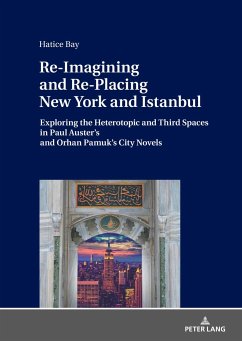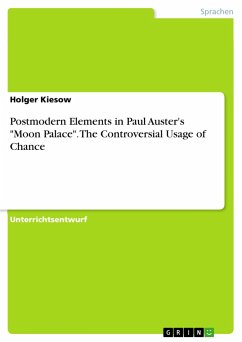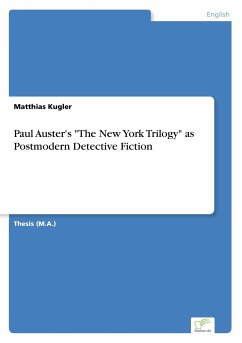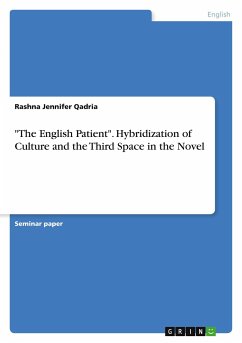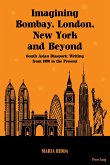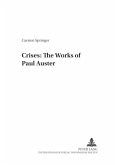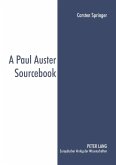The author re-examines the urban novels of Auster and Pamuk in the light of Foucault's heterotopia and Bhabha's the Third Space, respectively. Furthermore, for the discussions of the nature of the relationship between the self and the other, this present study deploys Emmanuel Levinas's ethics. This book argues that examining the urban spaces and characters of Auster and Pamuk through the prisms of Foucault, Bhabha and Levinas establishes a new critical framework that gives a constructive and ethical angle to the negative late twentieth-century and early twenty-first century discourses on the city and its inhabitants. The reader of this book will discover urban subjects who actively transform their respective cities into either heterotopic or Third Spaces and thereby become response-able for and attentive to their immediate surroundings, to their national or personal histories and, most importantly, to other people. At the same time, by bringing these two different cities, cultures and authors that are poles apart together, this book aims to problematize commonly held beliefs about Americanness and Turkishness and thus pave the way for looking at discourses such as «clash of civilizations», «margin» (Istanbul) and «center» (New York), the belated and the advanced from a critical point of view suggesting that there is a common discursive affinity with similar outlooks on life, personal, historical and physical spaces on both sides, rather than a «clash of civilizations». The arguments presented here will be of interest to students and scholars of city literature, comparative literature and history of ideas as well as to readers who have an interest in theory and close reading.
Bitte wählen Sie Ihr Anliegen aus.
Rechnungen
Retourenschein anfordern
Bestellstatus
Storno

